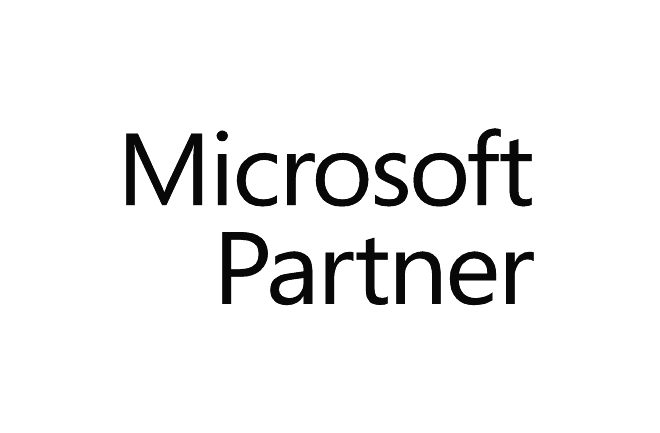Course outline
Duration : 5 days
| ||
The Power Platform empowers organizations to automate business processes, develop their own rich app experiences, and connect with customers better and faster. In this course, students will learn to perform discovery, capture requirements, engage subject matter experts and stakeholders, translate requirements, and configure Power Platform solutions and apps. They will supplement their learnings with hands-on labs to create application enhancements, custom user experiences, system integrations, data conversions, custom process automation, and custom visualizations. Power Platform is comprised of four key products: Power Apps, Power Automate, Power BI, and Power Virtual Agents. In this course, we will cover these four applications in depth, with additional focus on Microsoft Dataverse (formerly Common Data Service), AI Builder, connectors, and portals. | |
Audience | A Power Platform Functional Consultant is responsible for performing discovery, capturing requirements, engaging subject matter experts and stakeholders, translating requirements, and configuring Power Platform solutions and apps. The Functional Consultant implements components of a solution that include application enhancements, custom user experiences, system integrations, data conversions, custom process automation, and custom visualizations. |
Prerequisites |
|
Objectives |
|
Teaching method | Instructor-led training |
Contents | Module 1: Introduction to the Power PlatformThis module will provide the learner with background about the Power Platform and its 4 key components: Power Apps, Power Automate, Power BI, and Power Virtual Agents. Lessons
Lab : Validate lab environmentAfter completing this module, students will be able to:
Module 2: The Functional Consultant roleIn this module, students will learn more about the functional consultant role and the skills required to successfully implement a Power Platform solution for an organization. Lessons
After completing this module, students will be able to:
Module 3: Work with DataverseIn this module, students will learn about creating a data model in Microsoft Dataverse, including importing data, using tabular reporting options, and configuring security. They will also learn about creating easy AI with AI Builder. Lessons
Lab : Create an appLab : Create tables and columnsLab : Create relationshipsLab : Additional table optionsAfter completing this module, students will be able to:
Module 4: Make Power AppsIn this module, students will learn the business value of the three types of Power Apps. They will then learn to how to configure and design them, including user experience considerations for each type of application. Lessons
Lab : App designerLab : Modify formsLab : Modify viewsLab : Build dashboardsLab : Canvas app fundamentalsLab : Work with data and servicesLab : User experienceAfter completing this module, students will be able to:
Module 5: Build Power Automate flowsIn this module, students will learn how to automate business processes using Power Automate flows, business process flows, and UI flows. Lessons
Lab : Create usersLab : Create security roleLab : Configure a new business ruleLab : Advanced business rulesLab : Create a flowLab : Build approval flowLab : Build a business process flowLab : Add branching to business process flowAfter completing this module, students will be able to:
Module 6: Work with Power Virtual AgentsIn this module, students will learn how to automate customer interactions with a chatbot using Power Virtual Agents. Lessons
Lab : Create a chatbotAfter completing this module, students will be able to:
Module 7: Analyze data with Power BIIn this module, students will learn how to work with Power BI Desktop and Power BI Service to analyze data and create visualizations. Lessons
Lab : Build a Word templateLab : Build an Excel templateLab : Duplicate detectionLab : Import dataLab : Export dataLab : Bulk deleteAfter completing this module, students will be able to:
|

